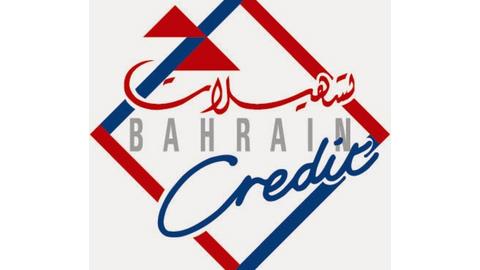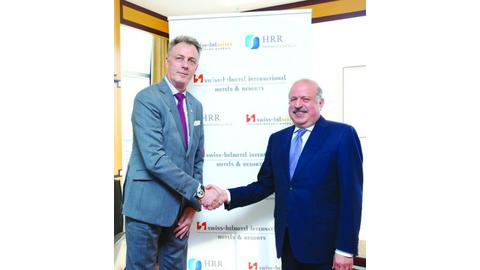Power and water tariffs set to double from March 1

UTILITY bills imposed on all expatriates, large companies and industries will further increase from March 1.
Electricity and water rates were revised last March when subsidies were lifted, and will continue to increase annually until 2019, as part of austerity measures adopted by the government to offset the drop in oil prices.
However, real estate experts have warned that landlords were modifying leasing agreements to pass on the additional cost to tenants.
According to the new charges effective from next month, the electricity tariff for domestic usage (from 0 unit to 3,000 units) will increase from the present 6fils to 13fils per unit, while the water consumption unit (0 to 60 units) will increase from 80fils to 200fils.
Savings
The new prices are expected to save the government BD435.4 million until 2019, with BD290m being saved from electricity and BD145.4m from water.
Electricity and Water Affairs Minister Dr Abdulhussain Mirza said they were going ahead with the government plan which exempts Bahrainis from the new rates, except those who have more than one household.
“There is no change in the planned tariff as was announced last year,” Dr Mirza told the GDN.
“The estimated number of Bahrainis who are unaffected are those with one account (approximately 115,000 accounts), which is approximately 31 per cent of the total accounts.”
Others in the exempted list include Bahraini divorcees, widows, single women aged above 21, Bahrainis living in rented accommodation, Bahraini women married to non-Bahrainis, non-Bahrainis taking care of Bahraini children aged below 21 and non-Bahraini heirs.
According to latest statistics released by the Bahrain Property World portal, the top five rental areas in the country are Juffair, Saar, Amwaj Islands, Reef Island and Seef District, with majority preferring to live in apartment buildings.
“I think the increase in tariffs are fair and reasonable,” said Bahrain Property Development Association (BaPDA) chairman Aaref Hejres.
“I know many will disagree with my view on this, but it is cheaper than other countries as for years the government subsidised the rates and people misused it without saving power and water.”
Mr Hejres cited examples of office buildings, mosques and other establishments that wasted energy during non-working hours.
“From a tenant’s perspective what will happen is that owners could modify the agreements post the hike in tariffs from March,” he said.
“For example, the owner who was renting out an apartment inclusive of utility bills for BD700 may reduce the rent to BD650 and ask the tenant to pay the bills.”
Unity Real Estate representative Mohammed Sajid said many landlords were axing the “all inclusive” deals and instead setting a limit on utility bills.
“The trend we are seeing is that many apartment building owners have set a BD25 limit on utility bills and anything more than that has to be paid by the tenant,” he explained.
“By doing this they do not increase their monthly rent but manage to pass on the extra cost of the bills to the tenant.”
He added they have also witnessed some families moving from rented villas to apartments because of the increase in tariffs.
Bahrain’s projected budget deficit for 2015 and 2016 increased from BD3 billion to BD5bn as a result of low oil revenues, prompting a major government cost-cutting drive.
Source: http://www.gdnonline.com/Details/180351/Power-and-water-tariffs-set-to-double-from-March-1


